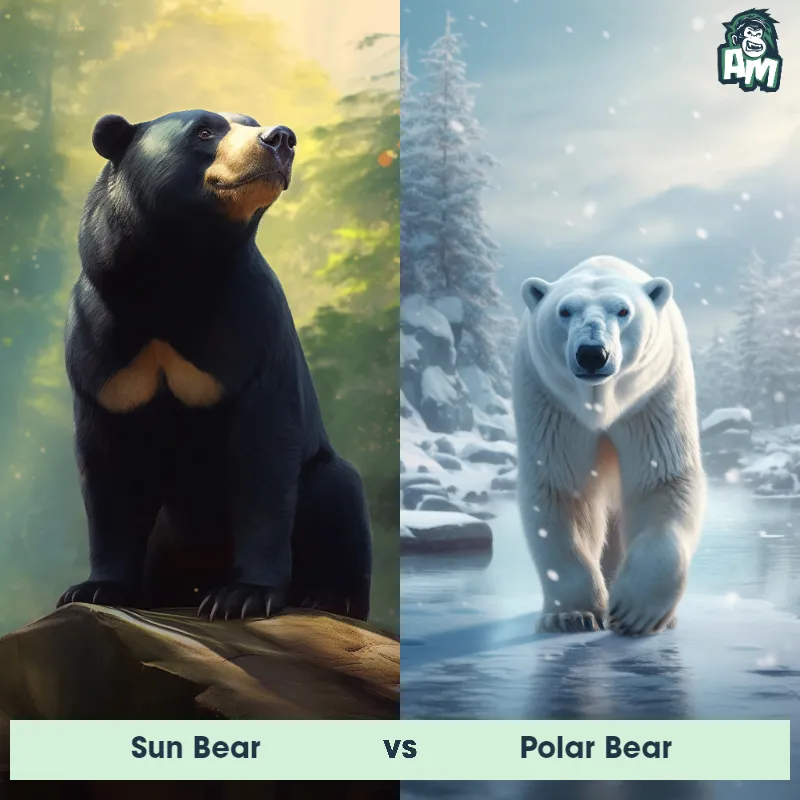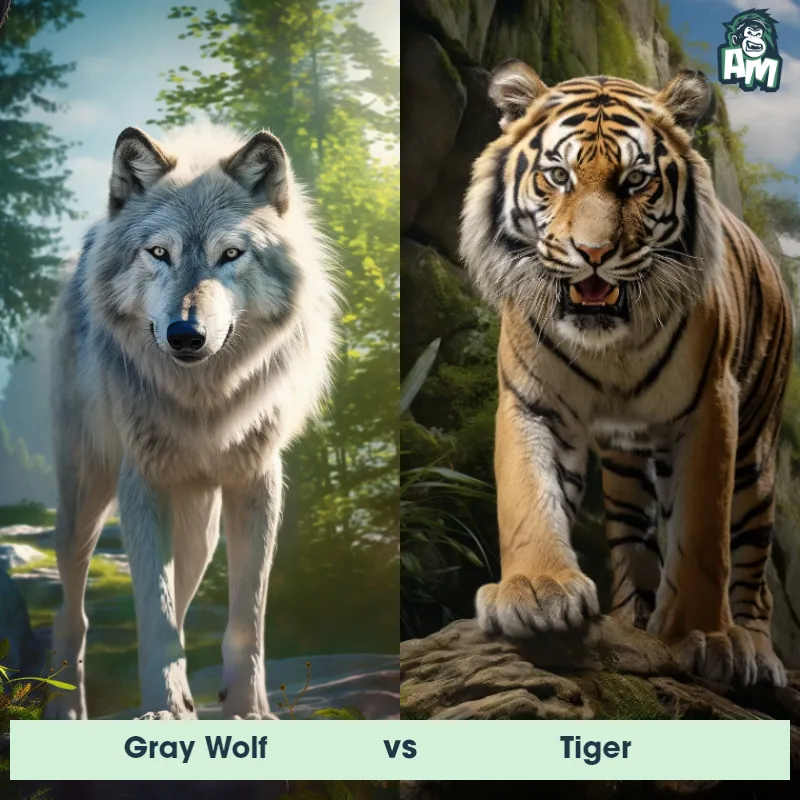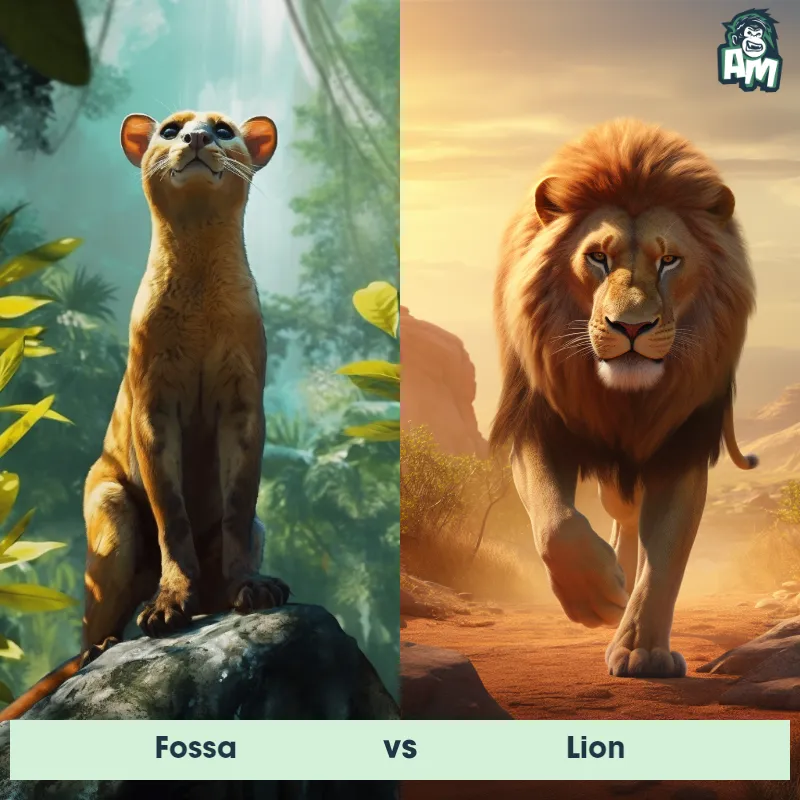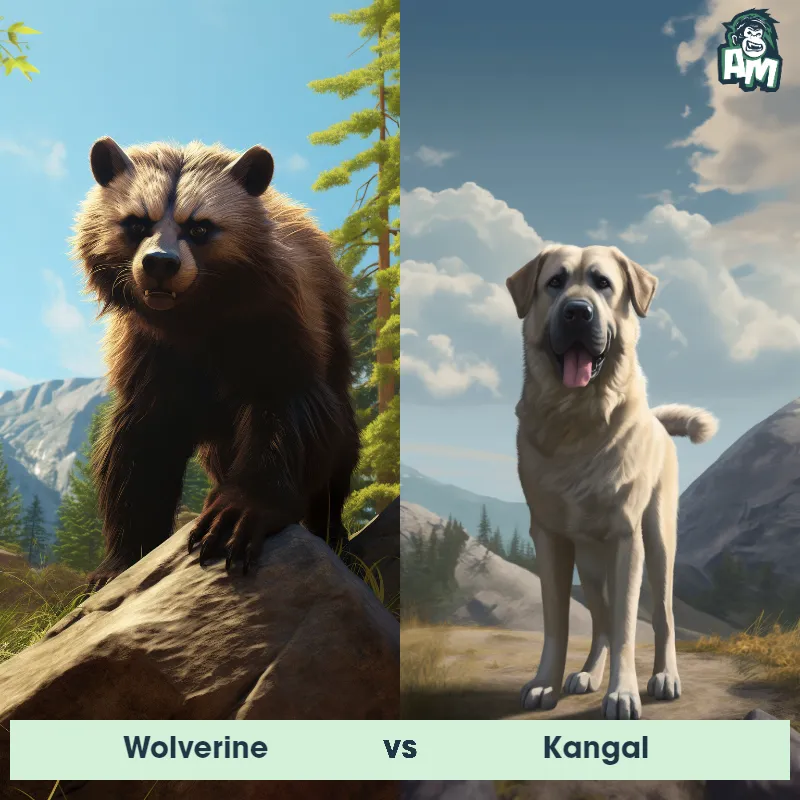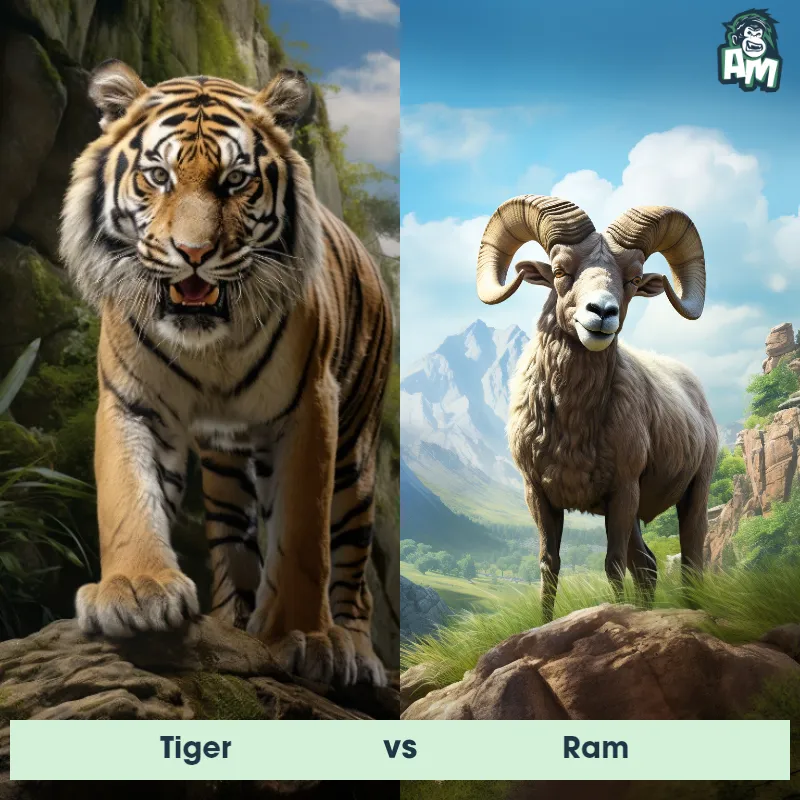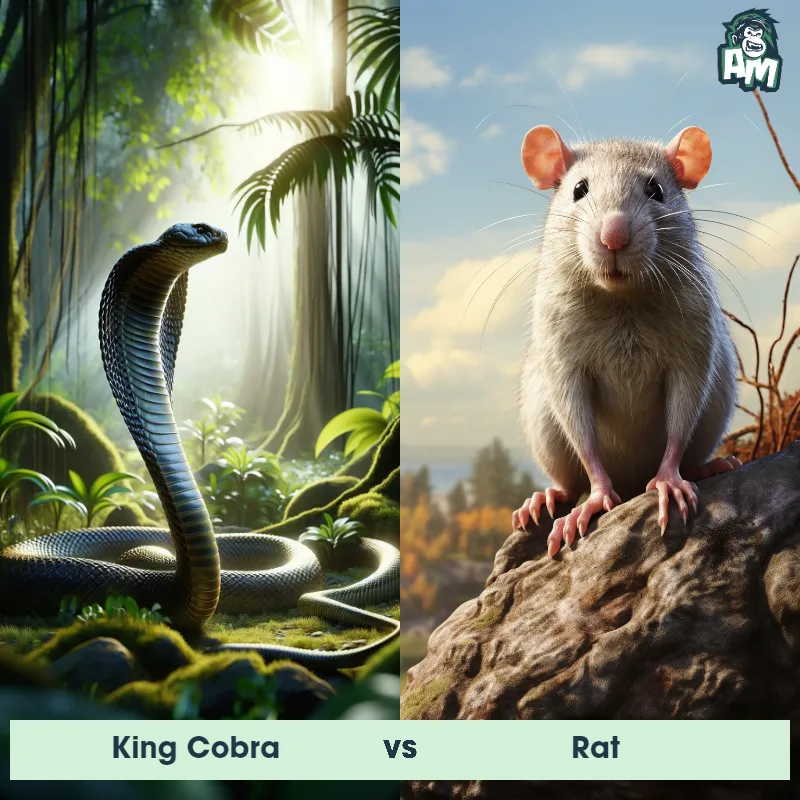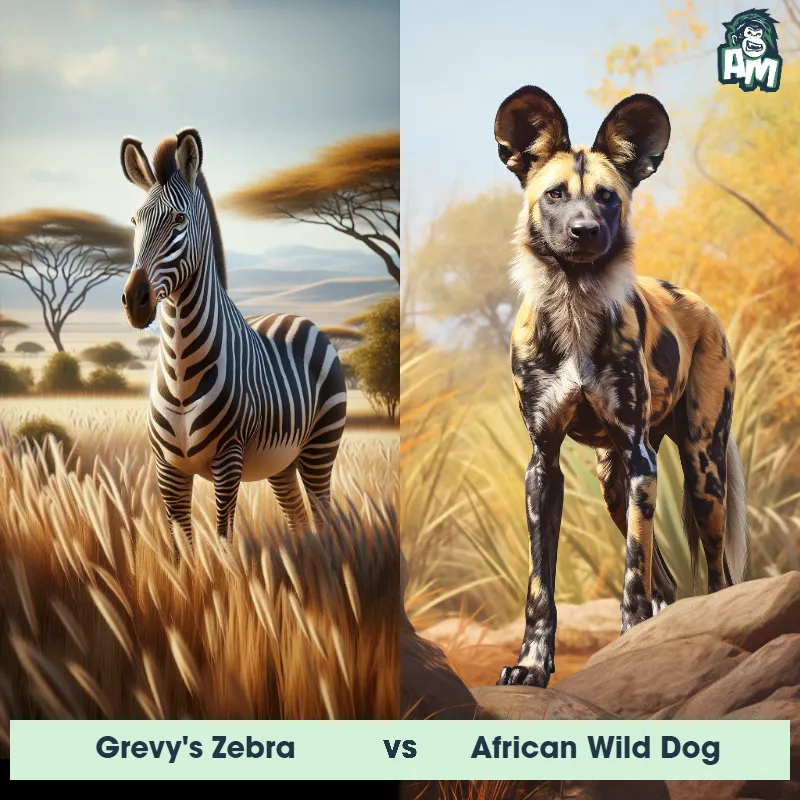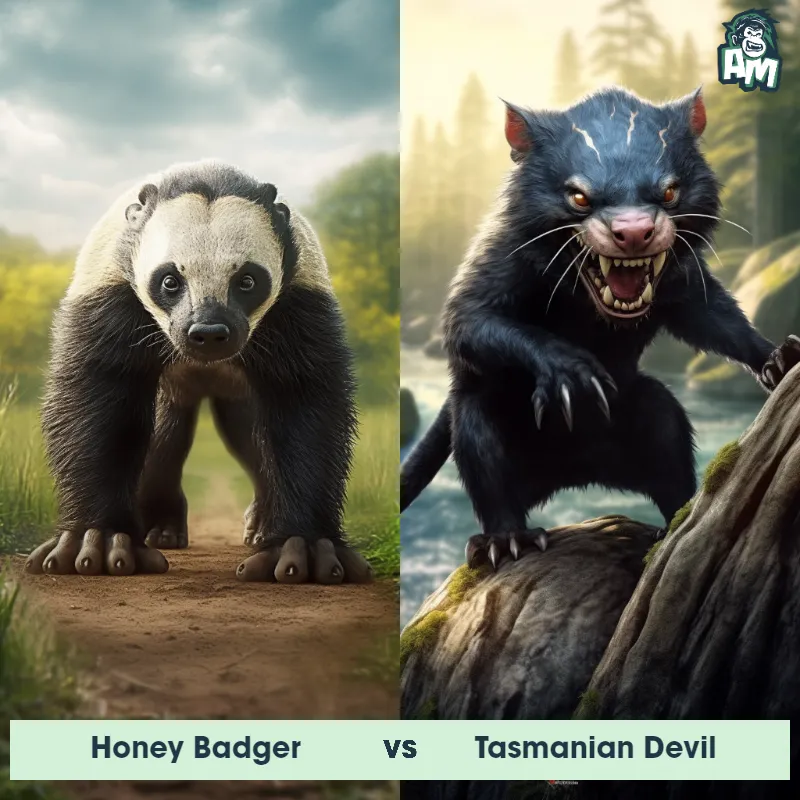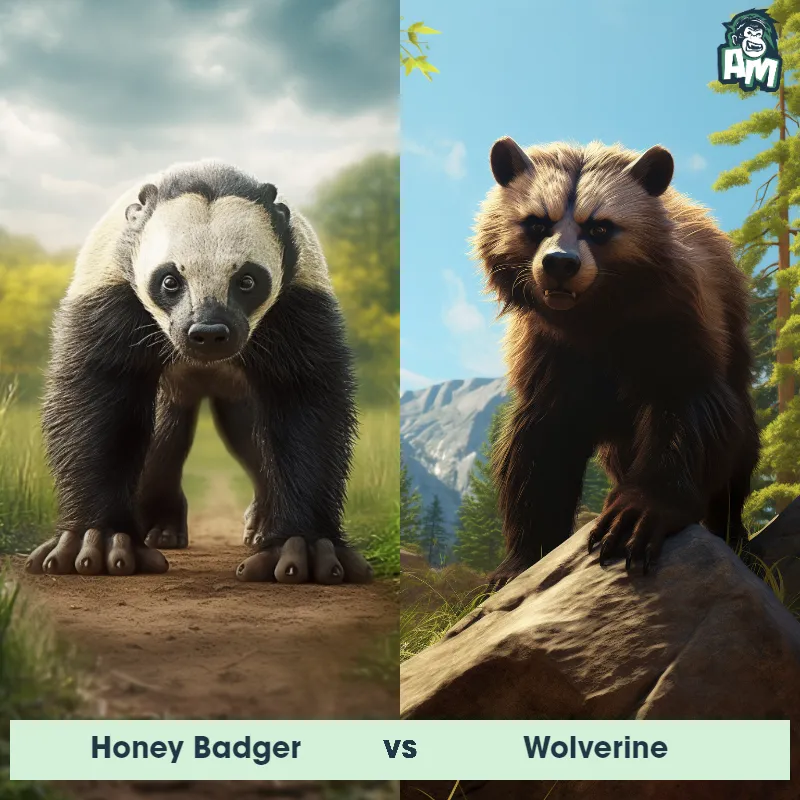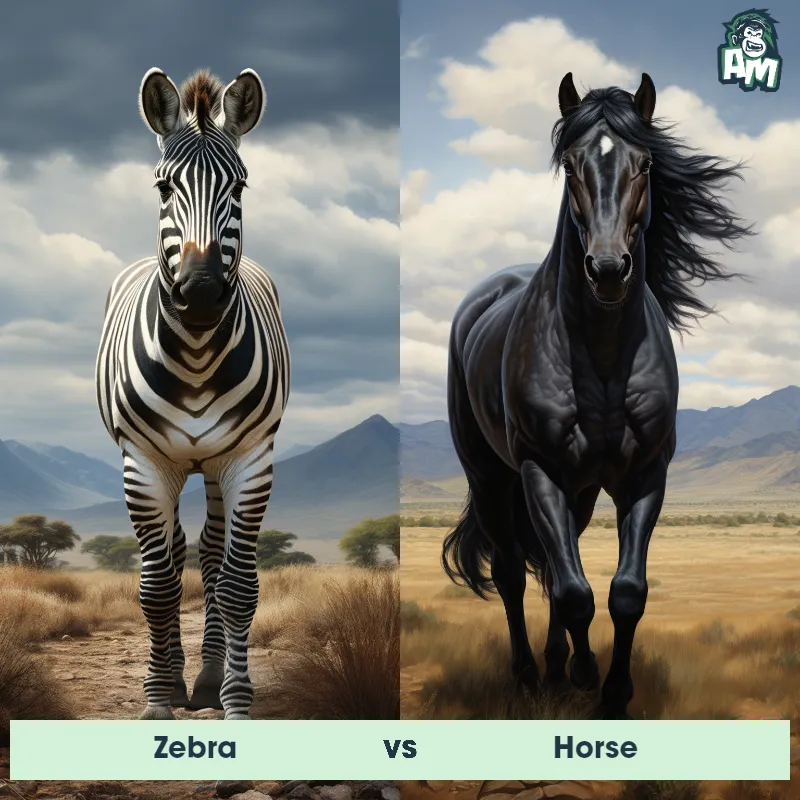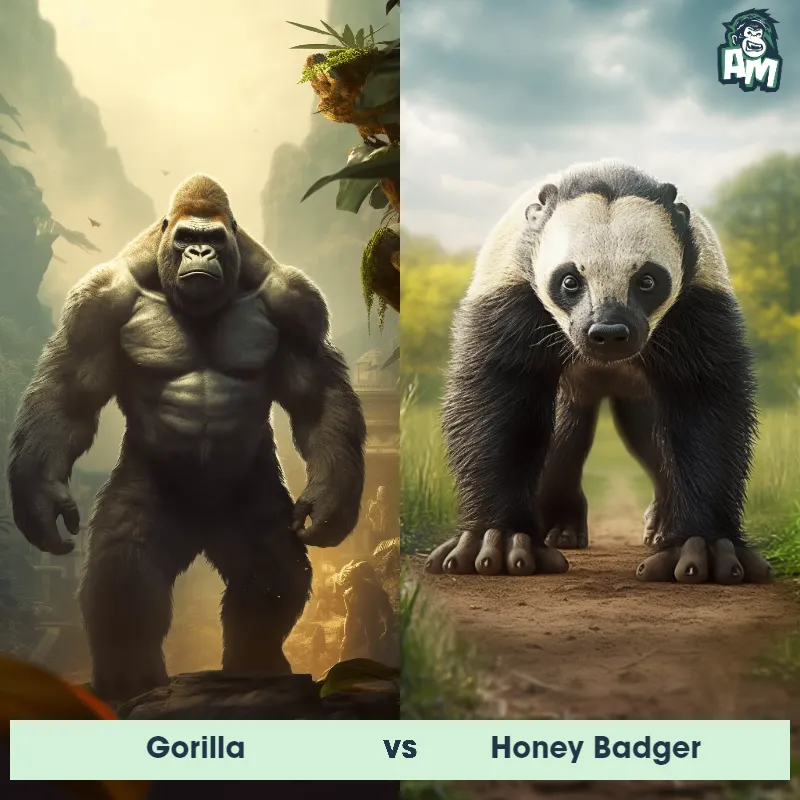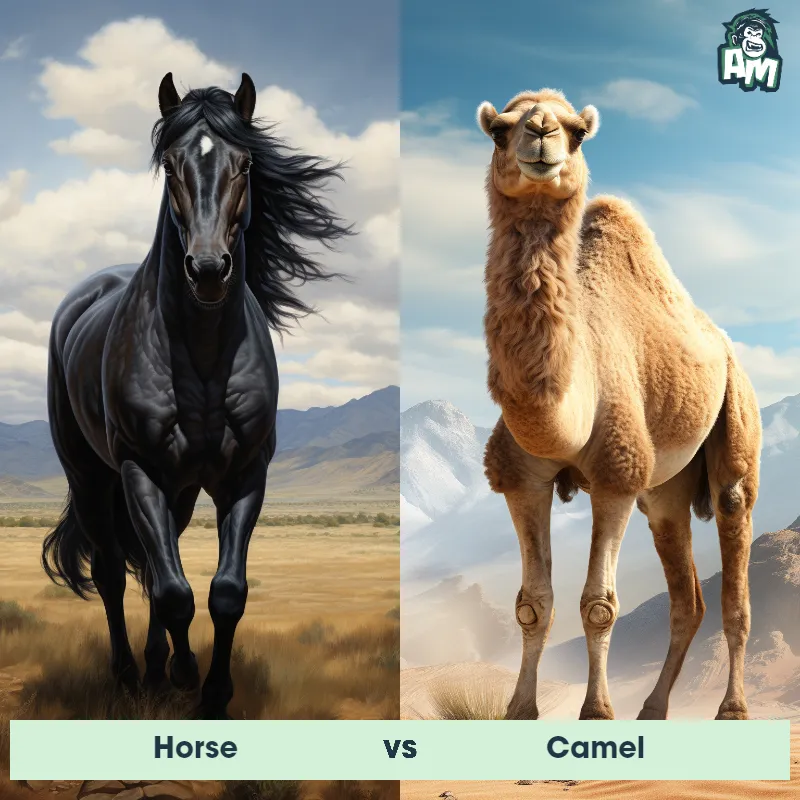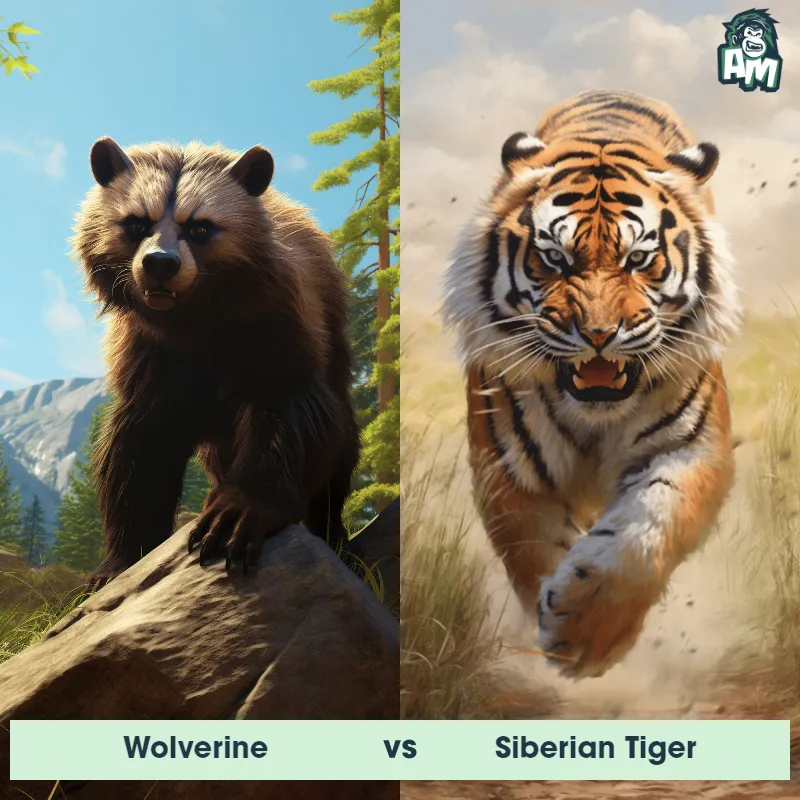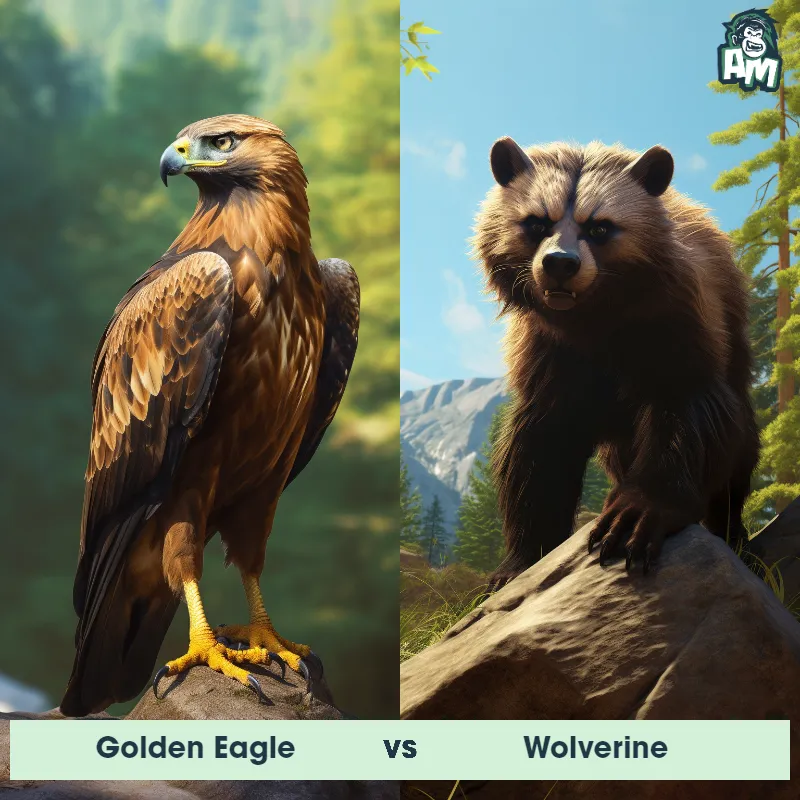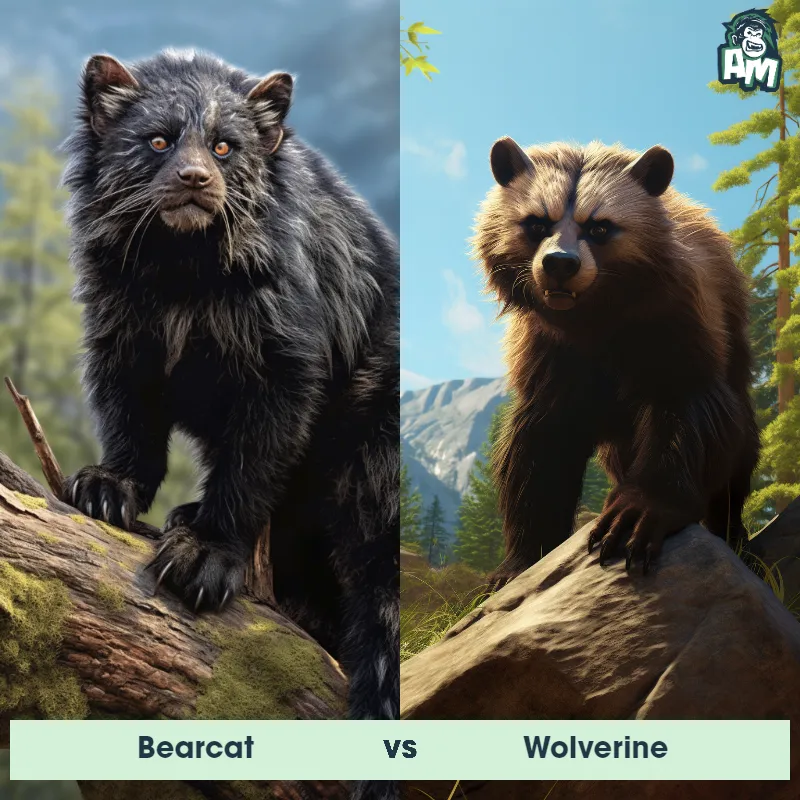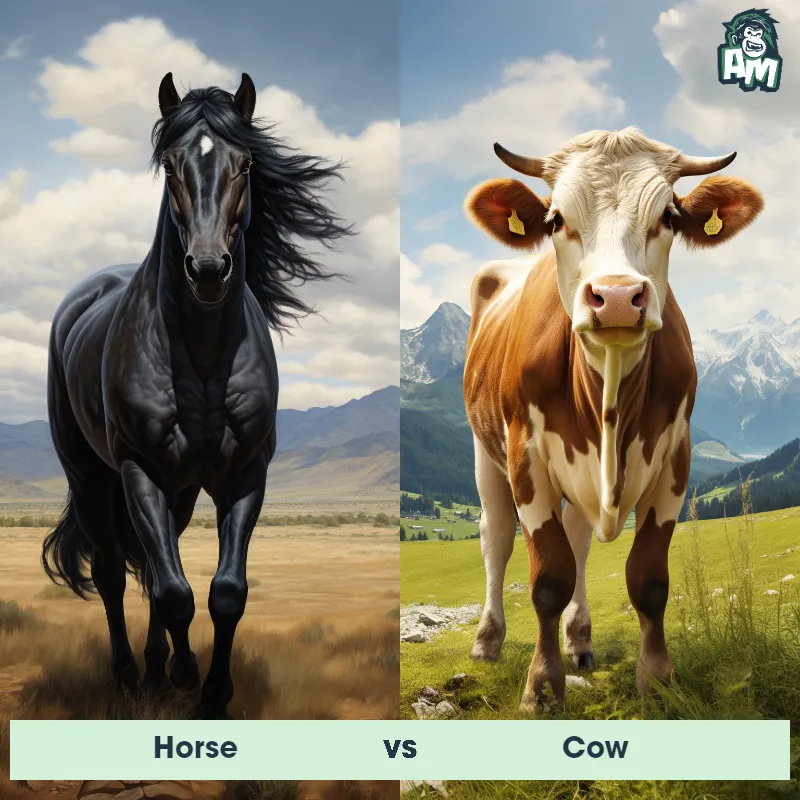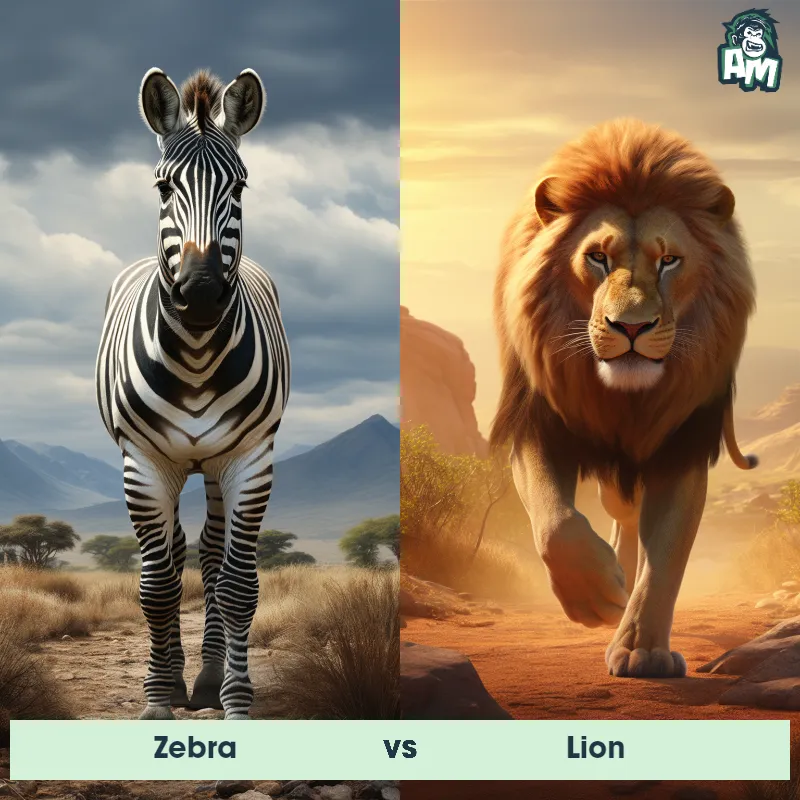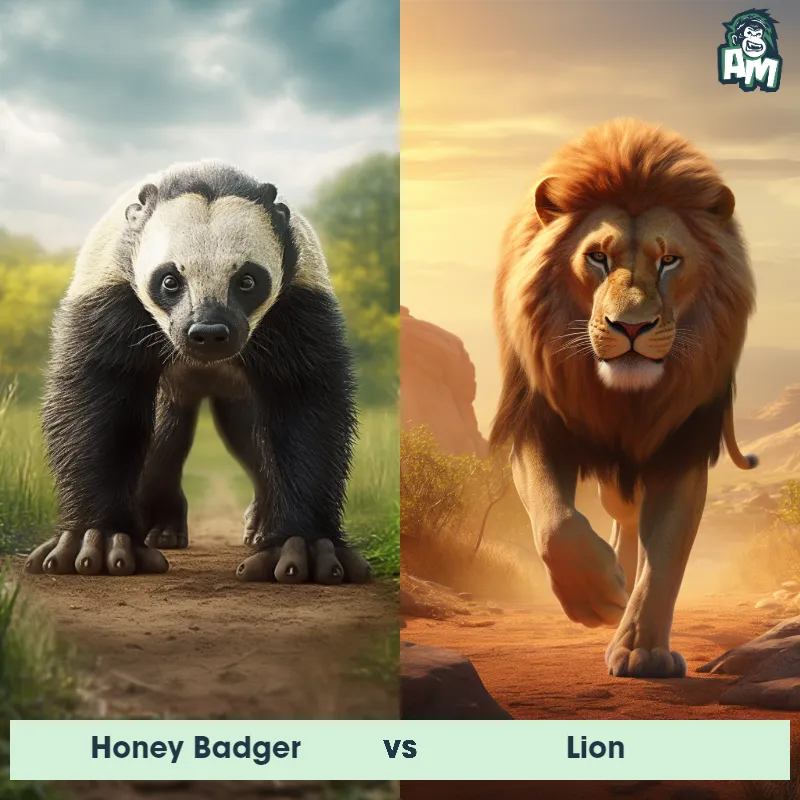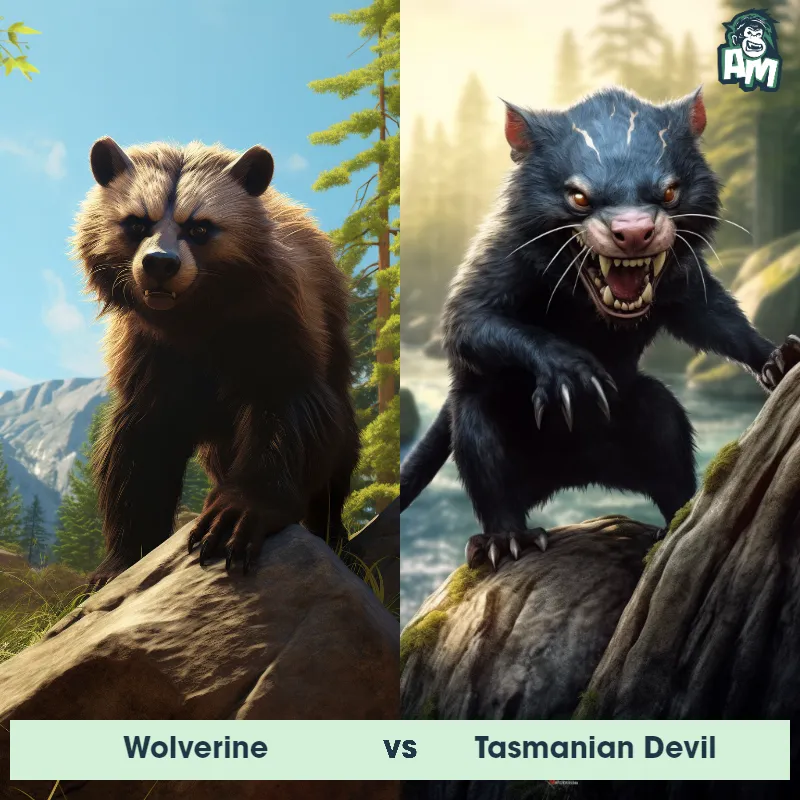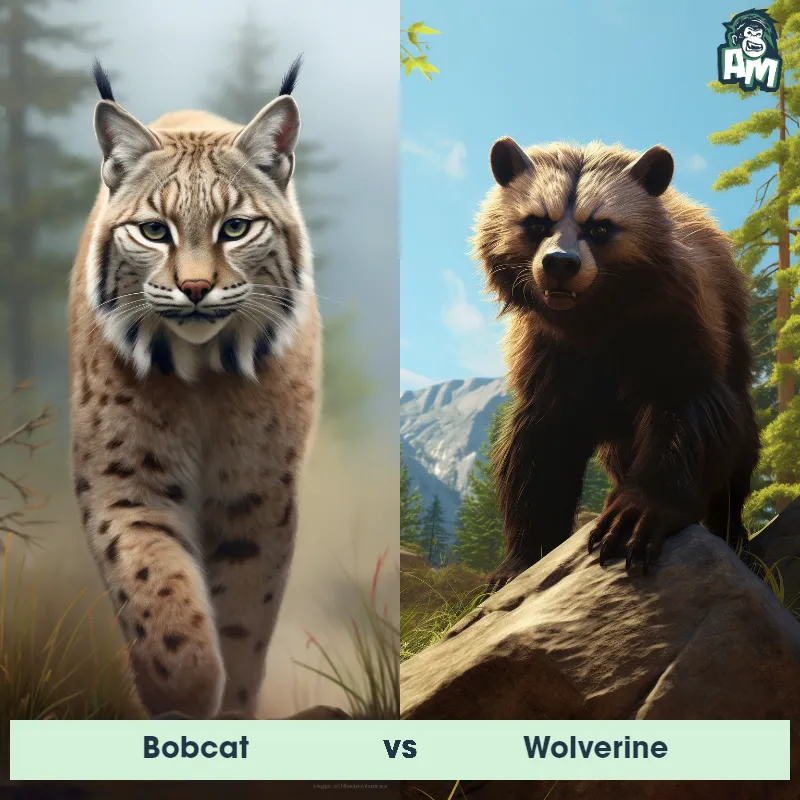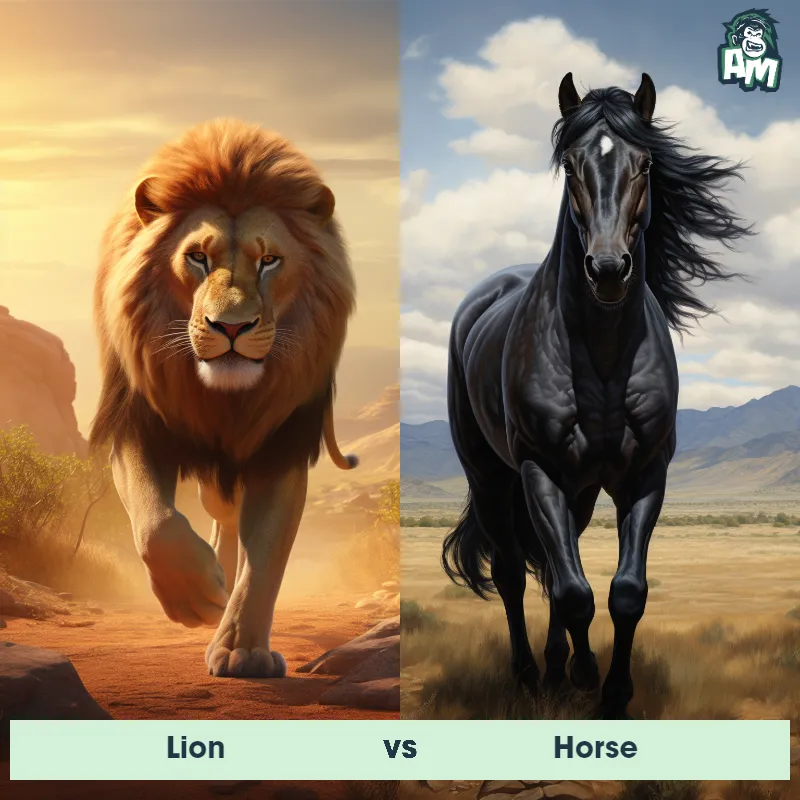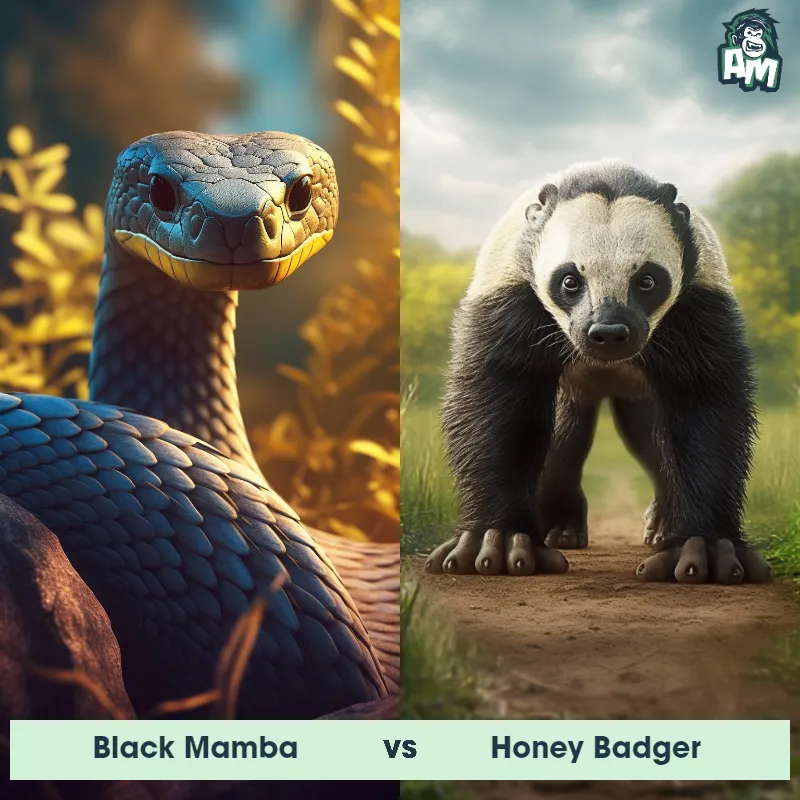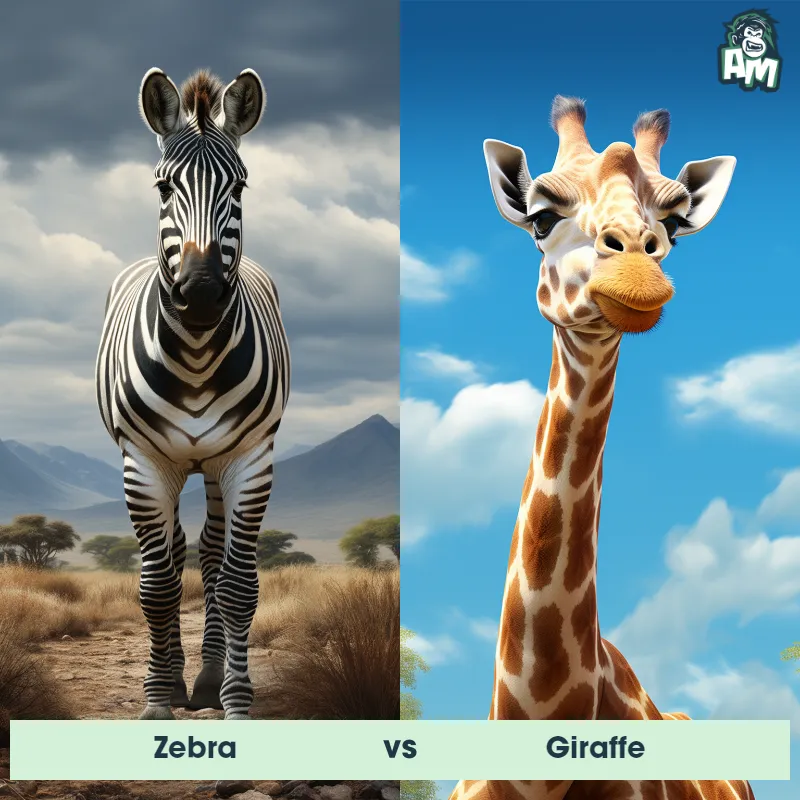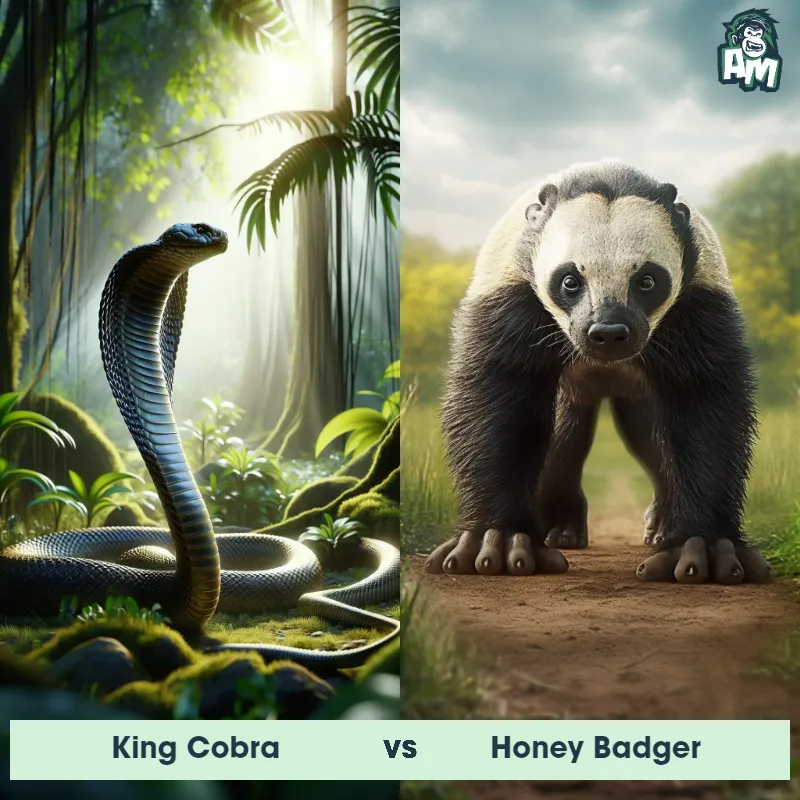Honey Badger vs ZebraSee Who Wins
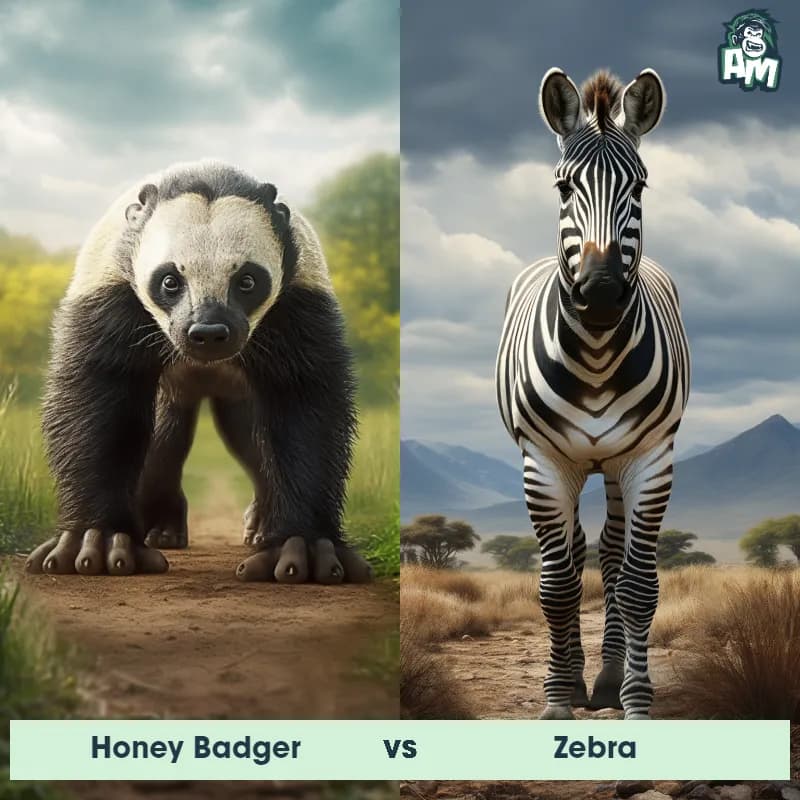
"Ladies and gentlemen, welcome to this thrilling matchup between two fierce competitors in the animal kingdom! Today, we have a showdown between a Honey Badger and a Zebra. Both known for their unique abilities, this promises to be an action-packed contest. Let's jump straight into the action and see who emerges victorious!"
Contender 1: Honey Badger
The Honey Badger, also known as the ratel, is a small carnivorous mammal found in Africa, Southwest Asia, and the Indian subcontinent. They have a stocky build, with a broad head, powerful jaws, and sharp claws. Their fur is thick and coarse, ranging in color from gray to black with a distinctive white stripe on their back. Honey Badgers are known for their fearless and aggressive nature, often taking on animals much larger than themselves, such as lions and hyenas. They are also known for their ability to withstand venomous snake bites and their love for honey, which they obtain by raiding beehives.
Fun Fact: Honey Badgers have been known to dig up and eat buried human corpses, earning them the nickname "the world's most fearless animal."
Contender 2: Zebra
The zebra is a large, wild equine famous for its distinctive black and white striped coat. Each zebra's stripe pattern is unique, much like human fingerprints. Zebras are native to Africa, and depending on the species, they inhabit a range of habitats from grasslands to mountainous regions. These animals are herbivores, primarily grazing on grasses, but also eating shrubs, herbs, and twigs. Zebras are social animals and can be seen in small family groups or larger herds.
Fun Fact: Zebras' distinctive black and white stripes are believed to serve multiple purposes, including temperature regulation, discouraging biting flies, and even helping to confuse predators during a chase.
Matchup Stats
| Honey Badger | Zebra | |
|---|---|---|
| Size | 25-30 inches (63-76 cm) in length | 3.5 to 5 feet tall at the shoulder (1.07 to 1.52 meters) |
| Weight | 19-26 pounds (9-12 kg) | 440 to 990 lbs (200 to 450 kilograms) |
| Speed | Speed: 20 mph (32.19 km/hr) | 40mph (64km/h) |
| Key Strength | Powerful jaws and sharp claws | Speed and agility |
| Biggest Weakness | Short legs and small size | Lack of natural weapons (like claws or sharp teeth) |
Current Votes
Honey Badger vs Zebra
See Who Wins
View More Matches
Looking For More?
Similar Matches
Scientific Stats
| Honey Badger | Zebra | |
|---|---|---|
| Scientific Name | Mellivora capensis | Equus quagga |
| Family | Mustelidae | Equidae |
| Habitat | Terrestrial | Grasslands, savannas, woodlands, thorny scrublands, mountains, and coastal hills |
| Geography | Africa, Southwest Asia, and the Indian subcontinent | Africa |
| Diet | Carnivorous, eats small mammals, birds, reptiles, insects, and honey | Herbivore, primarily grazing on grasses, shrubs, herbs, and twigs |
| Lifespan | 24 years - 26 years | 25 years - 30 years |
Key Differences between Honey Badger and Zebra
- Head shape: The Honey Badger possesses a compact and rounded head with small, rounded ears, while Zebras have a more elongated head shape with large, upright ears.
- Tail: Honey Badgers have a relatively short and bushy tail, often covered in black fur, whereas Zebras have long, tufted tails that display a black-and-white striped pattern similar to their body.
- Size: The Honey Badger is significantly smaller than the Zebra, with an average weight of about 12 to 30 lbs, while Zebras can weigh anywhere from 440 to 990 lbs.
- Markings: Honey Badgers do not have any specific facial markings apart from their white stripe, but Zebras have unique stripe patterns that are individually distinctive, allowing them to be easily identified and recognized.
- Coloration: Honey Badgers have a distinct color pattern with a predominately grayish-black body and a wide white stripe that extends from their head to their tail, while Zebras have a bold black and white striped coat that covers their entire body.
- Body shape: Honey Badgers have a stout and muscular build with a broad head and short legs, whereas Zebras have a more slender body shape, elongated head, and long legs.



